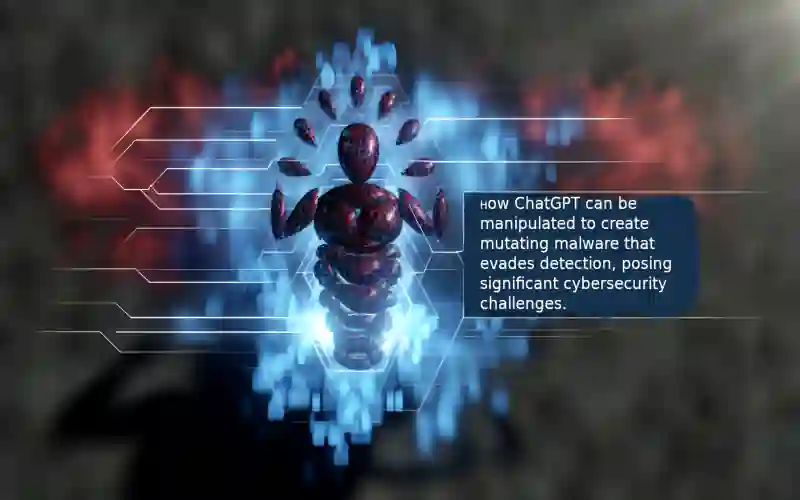
“Unleashing Polymorphic Potential: Harnessing AI to Craft Evolving Cyber Threats.”
Exploring the Risks: How Polymorphic Malware Can Be Crafted Using ChatGPT to Bypass Endpoint Detection and Response Systems
The rapid evolution of artificial intelligence has brought about remarkable tools like ChatGPT, which have the potential to revolutionize numerous industries. However, this innovation also presents a darker side, particularly in the realm of cybersecurity. Andrew Josephides, director of security research at KSOC, highlights a concerning aspect of these advancements. He notes that while ChatGPT has built-in restrictions to prevent the creation of malicious code directly, it can still be manipulated indirectly to produce such outcomes. This manipulation is achieved through cleverly crafted prompts that exploit the AI’s capabilities without triggering its ethical filters.
This potential for misuse becomes even more alarming with the realization that ChatGPT can be used to generate polymorphic malware. Such malware can alter its code each time it runs, thereby evading detection by conventional cybersecurity measures. The concept of polymorphic malware is not new, but the ease with which it can now be generated using AI tools like ChatGPT is particularly troubling. By simply making API calls to ChatGPT at runtime, hackers can create malware that mutates continuously, making it nearly impossible for endpoint detection and response (EDR) systems to catch.
The practice of “prompt engineering” is central to this issue. Cybersecurity experts have found that by tweaking the input prompts given to ChatGPT, they can bypass the AI’s content filters and retrieve outputs that, while not directly malicious, can be assembled into harmful code. Early adopters of this technology demonstrated its susceptibility to such manipulations by framing their prompts as hypothetical scenarios or disguising their true intentions.
This capability has turned ChatGPT into a tool that lowers the barrier for entry into the world of hacking. Mackenzie Jackson, a developer advocate at GitGuardian, refers to malicious users of AI models as the modern ‘Script Kiddies’. These individuals, often with limited coding expertise, can now craft sophisticated attacks that might have been beyond their reach without AI assistance. The concern is that as AI models like ChatGPT become more advanced and consume more data, they could potentially create forms of malware so unique that they could only be identified and mitigated by equally sophisticated AI-driven defense systems.
The implications of this are profound. As AI continues to permeate various sectors, its potential misuse in creating advanced polymorphic malware could pose significant threats not just to individual companies but to the infrastructure of the internet itself. The ongoing battle between cybercriminals and cybersecurity defenses might soon require a new kind of arms race, one where AI systems are pitted against each other — one side creating ever-evolving threats, and the other side striving to predict and neutralize those threats before they can cause harm.
AI tools like ChatGPT offer incredible opportunities for innovation and efficiency, they also introduce serious risks that must be managed with great care. The cybersecurity community must remain vigilant and proactive in developing new strategies and technologies to keep pace with the rapidly evolving landscape of AI-assisted threats. The future might very well depend on our ability to control the very tools we’ve created, ensuring they are used for the betterment of society rather than its detriment.














